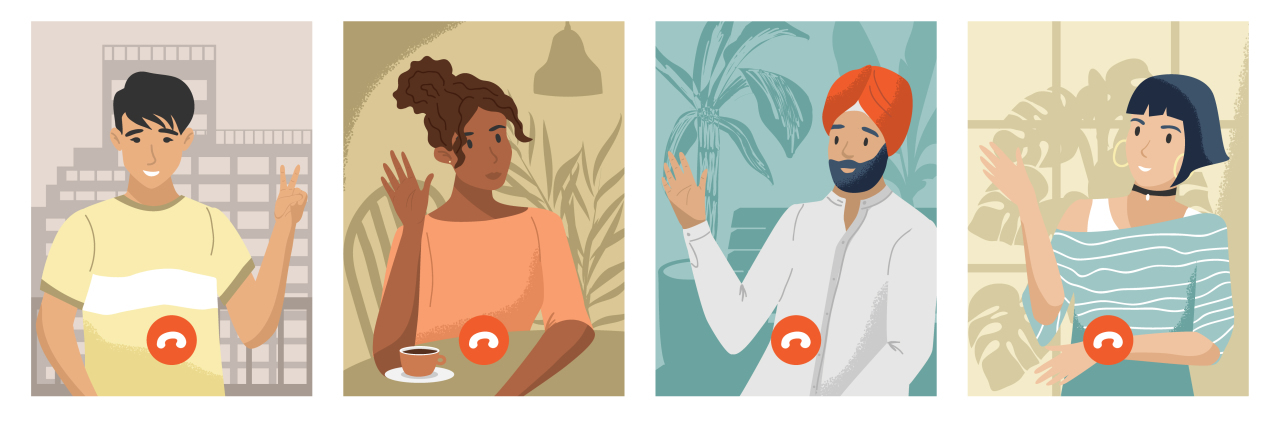How to Connect With a Health Community When You're Newly Diagnosed
Receiving a new diagnosis can be scary, but it often also means becoming part of a new health community full of people who may understand your emotions and experiences. When you first receive your diagnosis, though, you may feel out of place amongst others who’ve had the same diagnosis for longer and wonder how you can connect with your new community. But if you’re struggling to find your place in a new health community, try not to worry — with time and patience, you can immerse yourself in the community and form new bonds.
If you want to connect with others who share your new diagnosis, find groups of people with your condition wherever you feel most comfortable — either online or in person. You might find so many groups that you feel unsure about which would best suit you, or if you have a rare condition, you may struggle to find groups that address your medical condition. If you feel overwhelmed by the sheer number of groups available, join a few that sound the most supportive and feel out the climate of each group. If you can’t find many, there still may be groups you haven’t yet discovered that are home to many people in similar circumstances, so don’t give up!
Once you join the groups that seem to resonate with you most, observe how group members interact with each other. How many rules does the group have to keep its members safe? Is the group welcoming to new members, and do they accept a variety of health-related identifiers, or do they look down on using certain language to describe your condition? Do your fellow group members seem supportive of each other, or do group discussions often devolve into heated disagreements? If a health group feels unwelcoming, exclusionary, or aggressive, don’t be shy about leaving to find somewhere else that can support you in your life with a new diagnosis.
When you find somewhere that feels comfortable to you, it’s OK if you don’t feel like actively participating in discussions right away. If you’re newly diagnosed and have just started connecting with a new health community, you may feel out-of-place when you see others sharing experiences you haven’t yet had in your medical life or using terms for treatments and procedures you don’t yet know about. Struggling to accept a new diagnosis or fully understanding all it entails takes time, and you aren’t obligated to ask your fellow group members questions before you feel ready. Sometimes simply observing which topics come up frequently in a health community can give you a significant amount of context for things that you may not understand until you’re ready to share your own thoughts and experiences.
Once you’ve found a group you believe can support you, and you feel comfortable speaking up, then introducing yourself, sharing that you’re newly diagnosed, and responding to others’ comments and questions can go a long way in making you feel a sense of belonging. Chances are, you’ll find people who welcome you with open arms, appreciate your feedback, and are willing to answer any questions you have. You may even discover that certain members of your health community have relatable experiences or diagnosis stories, and if you choose to share yours with them, you may be able to forge deeper bonds with people who understand the medical aspects of your life.
Immersing yourself in a new health community can feel daunting, especially when you’re grappling with a brand-new diagnosis, but once you look for welcoming groups of people in the same community, you’re well on your way to forging a sense of connection. When you try to find welcoming groups that fit your support needs, pay attention to how group members interact and share your experiences. When you feel comfortable interacting with your fellow group members, you’re sure to eventually start creating deep bonds with others in your new health community.
Getty image by Wanlee Prachyapanaprai.

